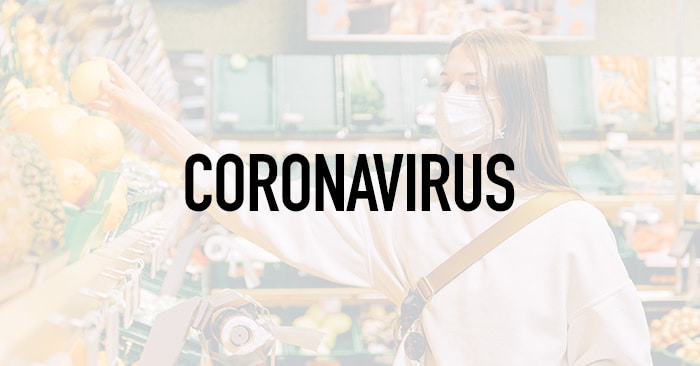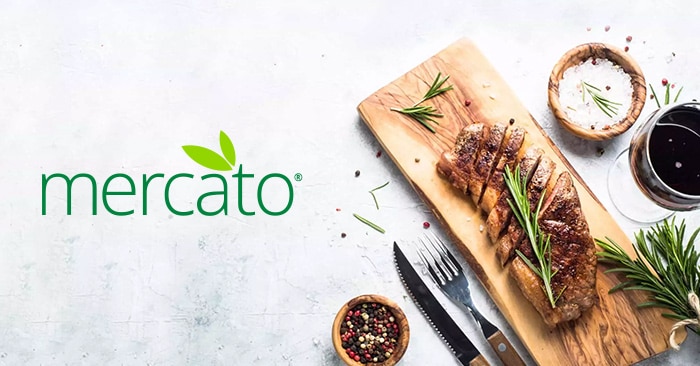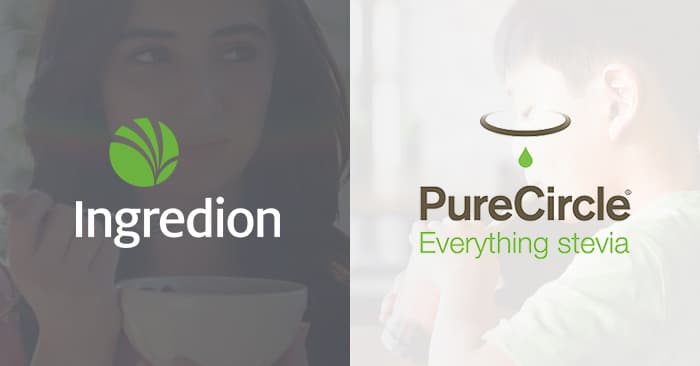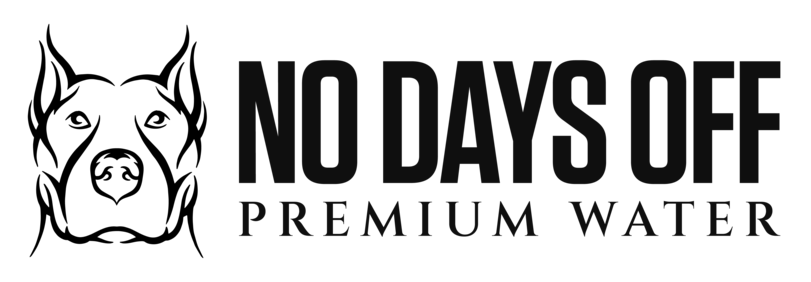COVID-19 News Roundup: IRI’s Latest Shopping Trends, Mercato Grows Platform
As consumers stay inside, shopping habits are changing and delivery platforms are adapting to meet the increased demand. Here’s the latest COVID-19 news from around the industry this week.
IRI: Shopping Slows as Shelter-in-Place Continues
In a report released yesterday, research firm IRI found that while 60% of consumers expect the Covid-19 pandemic to last beyond three months, they’re slowing their purchase behavior. After many consumers stockpiled items for their households, total store purchases decreased by almost 27% for the week ending March 29.
Still, sales for that week remained above pre-COVID-19 levels, IRI noted. Although in-store sales initially saw more sales than e-commerce that’s beginning to shift. IRI also reported today that e-commerce dollar growth for food and beverage was up 68% year-over-year for the week.
Product selection is changing too as some categories that initially saw product spikes (many of them shelf-stable) are either out-of-stock or still filling consumers’ pantries. Categories that have seen dramatic sales dips over the week ending March 29 include soup (-45%) and frozen dinners and entrées (-39%), while the top subcategories were dry and refrigerated yeast and low sugar and low calorie soft drinks.
Reflecting a desire to save money, over half of consumers said they have purchased more private label products, while a shift to larger and value-size packages has been seen across food (especially snacks) and beverage categories.
States and Cities Establish Mask Rules at Grocery Stores
Following guidance from the Center for Disease Control and Prevention (CDC) last week, states and cities this week introduced regulations demanding face coverings be worn by both grocery employees and customers.
Miami became the first city to require masks for retail workers and customers, with regulations that went into effect Wednesday. Mayor Francis Suarez told The Miami Herald he expects businesses to comply — or risk being fined or shut down. A similar requirement for Washington D.C. took hold yesterday, while Montgomery County, Maryland will have restrictions in effect Monday. Los Angeles Mayor Eric Garcetti’s order for face coverings in essential businesses goes into effect today and states that non-medical essential businesses (including grocers) can refuse service to customers without face coverings. Two other Californian cities, Irvine and Costa Mesa, are also implementing rules.
“We need to protect every worker on the front lines of this crisis,” Garcetti said in a release. “Each one of us is a first responder in this emergency. Every employer should keep employees safe, and so should Angelenos patronizing these businesses. Cover up. Keep your distance. Save lives. It’s that simple.”
New restrictions also take hold in New Jersey tonight at 8 p.m., including 50% maximum capacity allowed in grocery stores. Additionally, plexiglass must separate customers and cashiers (a recommendation in L.A.’s guidance), and customers and employees must wear masks unless doing so inhibits their health or they’re under age 2.
Mercato Grows Platform
As consumers shop from home, some are seeking fresh options. Online grocery platform Mercato, which offers about 1,000 independent grocers via a delivery and ecommerce platform, Tuesday announced it has been adding roughly 50 new stores daily and seen a 5000% spike in orders over the past month. The rapid growth shows just how quickly some stores have had to develop new strategies to stay afloat.
Further plans include adding faster delivery options as well. The San Diego-based company noted consumers increasingly are avoiding stores — and also finding delivery services lacking availability. About 31% of U.S. households (nearly 40 million) have used home delivery and pickup grocery options in the past month, according to data provided by Mercato. The company estimates a 669% increase in grocery delivery searches over the past month.
“From addressing the needs of seniors and medical professionals, and those simply more cautious about multiple trips to the store during the crisis, independent grocers are scrambling to get online and serve the needs of their communities,” Bobby Brannigan, founder and CEO, said in a release.
To get small grocers onboard quicker, Mercato has expanded its staff and is waiving setup fees until April 30. The move will hopefully help secure independent grocers’ future as in-store traffic declines.
“Not only are we delivering fresh food within hours of customers ordering, we are enabling them to order from local, independently owned stores right in their community versus big box stores and national supermarket chains,” Brannigan said. “This helps their local community’s economy, which is more important than ever.”
Ingredion Acquires PureCircle
Plant-based ingredient supplier Ingredion this week acquired a 75% stake in stevia sweetener producer PureCircle. The transaction is expected to close during the second half of 2020.
“The acquisition advances our specialties strategy for sugar reduction and specialty sweeteners, by aligning with one of the most important food and beverage trends shaping the industry and impacting our customers,” Ingredion president and CEO Jim Zallie said.
According to a release, PureCircle will utilize Ingredion’s global network, formulation expertise and product portfolio to help reduce both companies’ costs. Sugar reduction, especially using stevia, is one of Ingredion’s five specialties growth platforms, and Chicago-based PureCircle has received over 214 stevia-related patents and applied for 300 more.
PureCircle has seen increased demand in recent years as food and beverages companies seek zero or low-calorie products and in 2017 opened a Malaysian-based facility to accommodate the rush. More recently, that facility was forced to shut down March 18 due to COVID-19. Although it reopened this month, PureCircle CEO Peter Lai Hock Meng expects a continued impact from the economic downturn; already the company’s sales decreased 6% year-over-year to $46.8 million for the first half of 2020.
“[PureCircle] continues to have sufficient inventories at hand that should mitigate any further disruptions,” Lai said. “[It] is mindful of the volatile outlook and economic uncertainties arising from the COVID-19 pandemic and has been monitoring the situation closely.”




















